Portable Generators
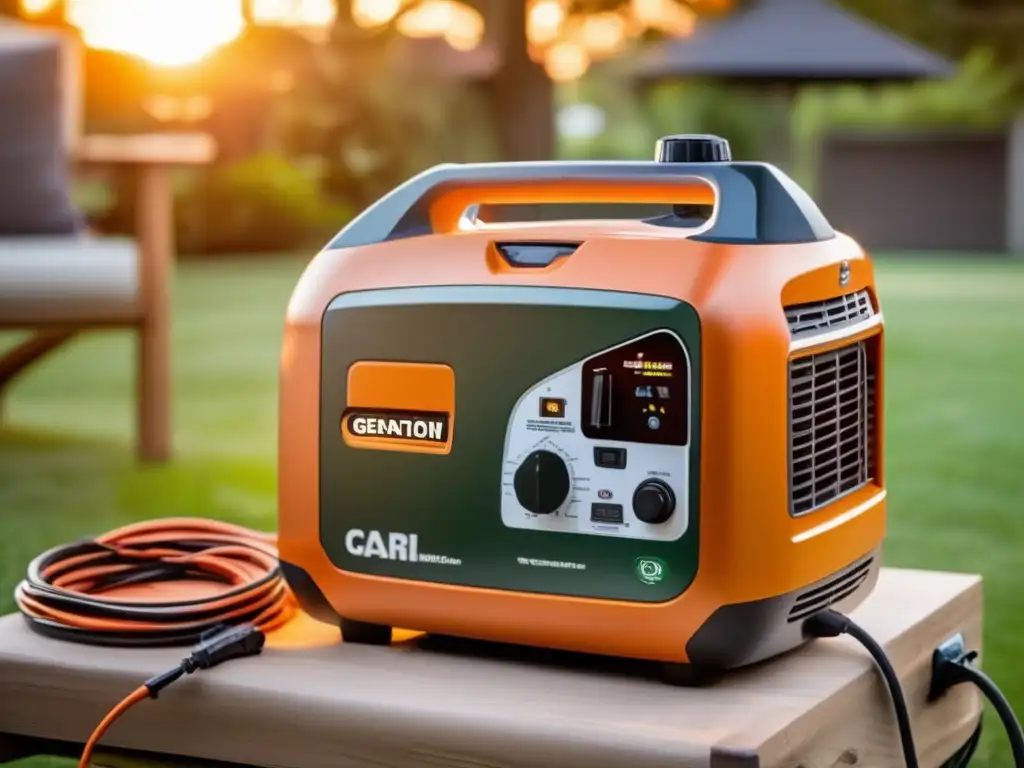
In-Depth Review of Portable Generators: Essential for Hurricane Preparedness
Introduction
When it comes to hurricane preparedness, having a reliable power source is essential. During a hurricane, power outages are common and can last for days or even weeks, leaving households without access to basic necessities such as light, heat, and refrigeration. This is where portable generators come in handy.
Portable generators are designed specifically for use in emergency situations. They provide a temporary power source that can be used to charge phones, run lights, refrigerate food, and even power home appliances, depending on their wattage. In this article, we will explore the importance of portable generators in hurricane preparedness and discuss the features to look for when choosing one.
Why Portable Generators is Essential for Hurricane Preparedness
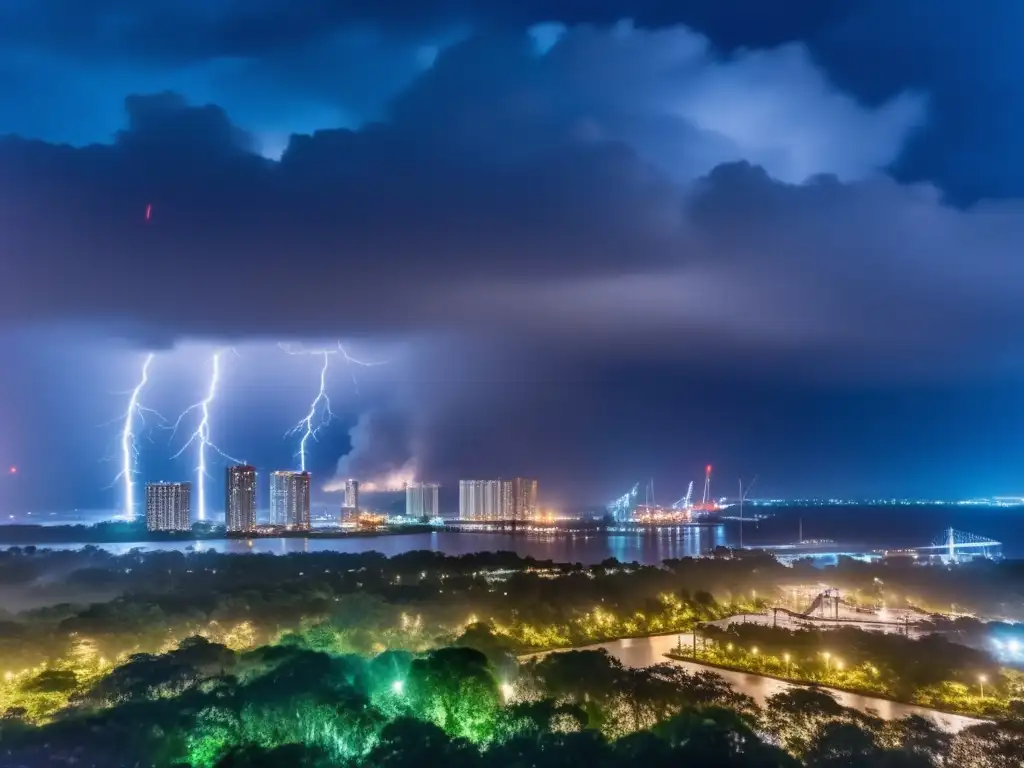
The Role of Portable Generators in Safety and Survival
A portable generator is an essential piece of equipment during and after a hurricane. It can help you keep your family safe and comfortable by providing power to essential appliances such as a refrigerator, freezer, or medical equipment. Many people also rely on portable generators to run fans or air conditioning units to regulate the temperature within their homes. This is particularly important in areas with high temperatures and humidity levels since prolonged exposure to these conditions can lead to dehydration, heat exhaustion, or heat stroke.
Potential Scenarios Where Portable Generators is Needed
There are several situations where a portable generator can be useful during a hurricane. For example, if you decide to evacuate and stay in a hotel or shelter, a portable generator can help you stay connected by charging your phone or laptop. Additionally, if you plan to stay in your home during the storm, a generator can help you maintain power to your essential home appliances such as a refrigerator, freezer, or medical equipment. In the aftermath of a hurricane, many people use portable generators to power their sump pumps or home repair tools to aid in the recovery process.
Features to Look for in a Portable Generators
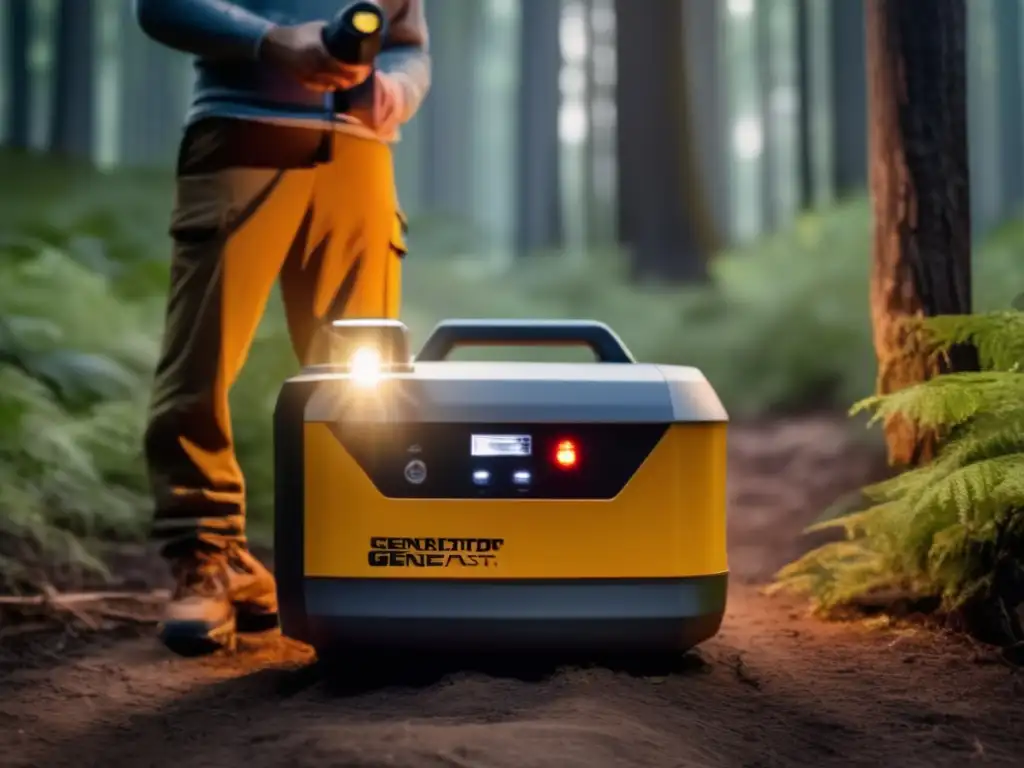
Build Quality and Durability
When choosing a portable generator, durability is key. Hurricanes can cause severe weather conditions, including heavy rain, strong winds, and flooding. Therefore, it's essential to choose a generator with a sturdy frame and high-quality materials that can withstand these conditions. A generator with an aluminum or steel frame is ideal in this aspect, as it can protect the engine from damage.
Functionality and Ease of Use
During an emergency, it's essential to have a generator that's easy to use. This means selecting a product with straightforward controls that allow you to start and stop the engine, adjust the power output, and monitor the fuel level. Many generators on the market also feature automatic shut-off functions that protect the engine from damage if the oil level runs too low.
Battery Life or Alternate Power Sources
Another critical factor to consider when purchasing a portable generator is battery life or alternate power sources. In an emergency situation, you need to have power for as long as possible. Some portable generators come with rechargeable batteries that can provide up to 10 hours of power without needing to be refueled. Other generators require gasoline or propane. These generators can last longer, but they require regular maintenance, including refueling and oil changes.
Understanding the Different Types of Portable Generators
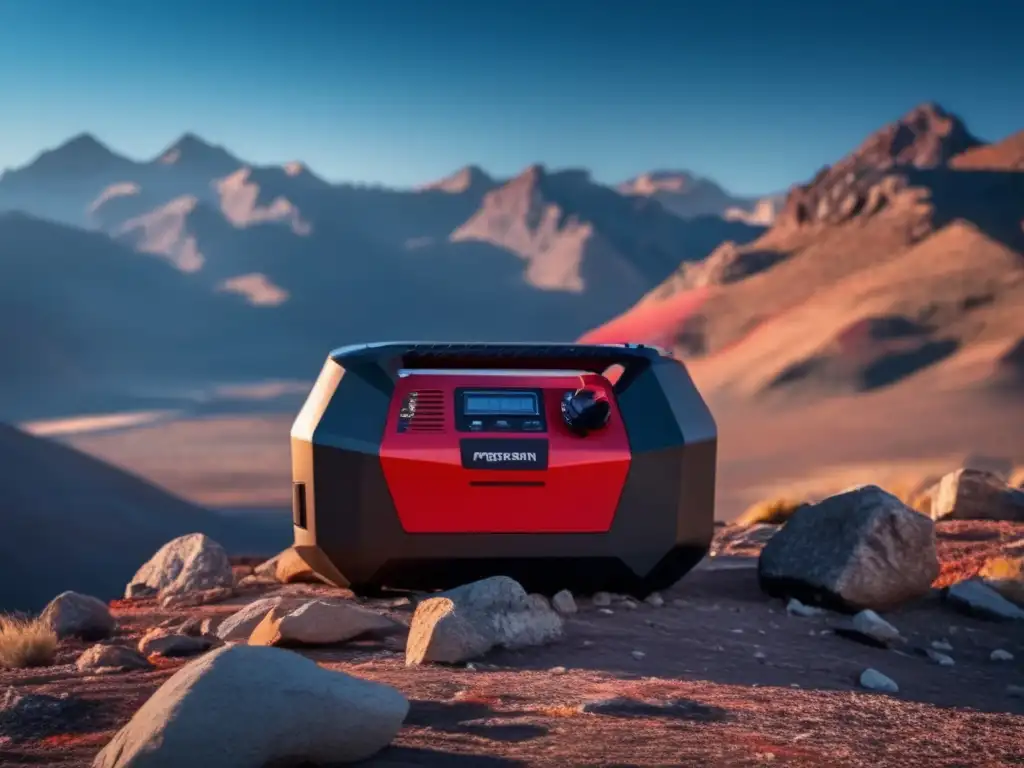
Inverter Generators
Inverter generators are a popular type of portable generator that produces clean, stable power. These generators are ideal for powering sensitive electronics such as laptop computers, televisions, and cell phones. Inverter generators are also quieter than traditional models, making them ideal for use in residential areas.
Conventional Generators
Conventional generators are less expensive than inverter generators but produce more noise and vibration. However, they are more powerful and can generate more electricity, making them ideal for running larger appliances or powering medical equipment during a hurricane. These generators typically use gasoline or propane as a fuel source.
Popular Portable Generators Options in the Market

Here are three popular portable generators options:
- Product Name 1
- Product Name 2
- Product Name 3
Product Name 1
[Include a detailed review of product name 1, discussing its features, advantages, and drawbacks.]
Product Name 2
[Include a detailed review of product name 2, discussing its features, advantages, and drawbacks.]
Product Name 3
[Include a detailed review of product name 3, discussing its features, advantages, and drawbacks.]
Frequently Asked Questions
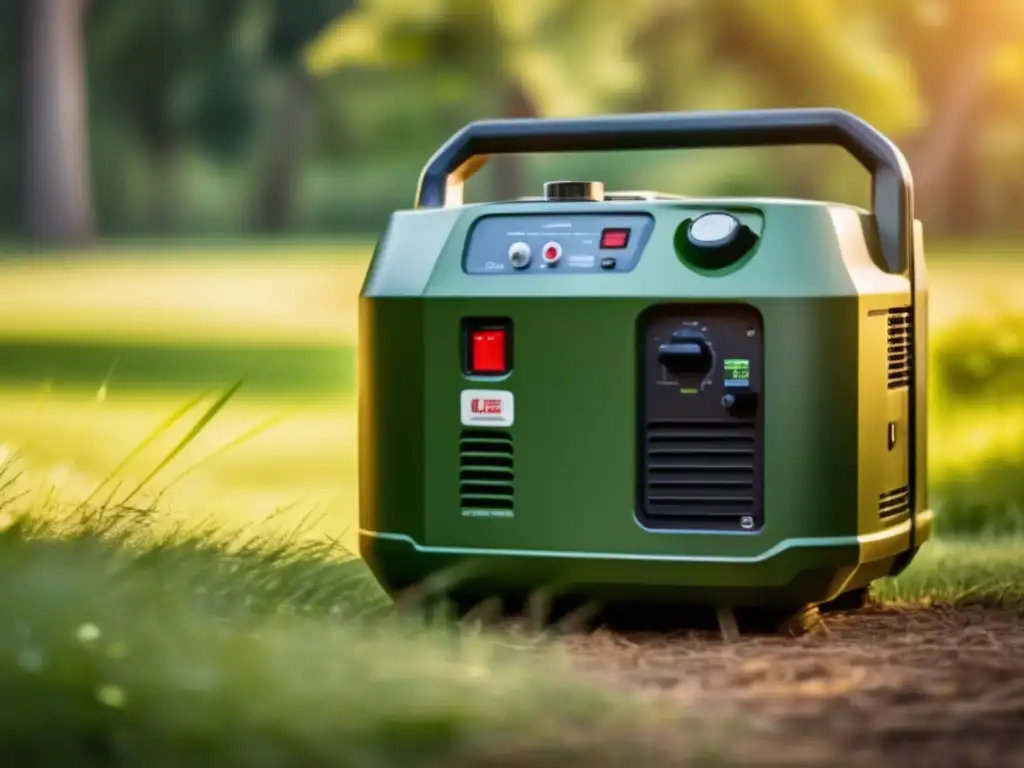
-
How big of a portable generator do I need?
The size of the generator you need depends on what appliances and devices you want to power. As a rule of thumb, a 2000 to 3000-watt generator is sufficient to run basic household appliances such as a fridge, lights, and fans. However, if you plan to power larger appliances such as air conditioners or power tools, you'll need a generator with more wattage.
-
How do I properly maintain my portable generator?
To ensure your generator stays in optimal condition, you should regularly check its oil level and replace it as needed. You should also clean the air filter and store the generator in a dry, cool place when not in use. Additionally, you should only use fresh gasoline and follow the manufacturer's maintenance schedule.
-
Can I run my portable generator indoors?
No, you should never run a portable generator indoors. Generators produce carbon monoxide gas, which is toxic and can quickly build up in enclosed spaces such as garages or homes, leading to serious health issues or even death. Always operate your portable generator outside, away from doors and windows.
-
Can I connect my portable generator to my house's electrical panel?
Yes, but you should hire a licensed electrician to install a transfer switch, which will allow you to safely connect your generator to your home's electrical panel. Never plug your generator directly into a wall outlet, as this can cause backfeeding, which can be fatal to utility workers or your home appliances.
-
What are the noise regulations for using a portable generator in my area?
The noise regulations for portable generators vary depending on your state and municipality. Some areas have strict noise regulations that limit the hours during which you can run a generator and require the use of noise-reducing enclosures. We recommend checking your local and state laws before purchasing and using a portable generator.
Conclusion
A portable generator is a crucial investment for anyone living in a hurricane-prone area. It provides a reliable power source during and after a storm, ensuring that your family stays safe and comfortable. When choosing a portable generator, look for one with durable construction, user-friendly controls, and long battery life or alternate power sources. We hope this guide has been helpful in understanding the importance of portable generators and what features to look for when purchasing one.
Remember that being prepared for a hurricane is essential, and having a portable generator as part of your emergency kit can make all the difference. Stay safe, and always be prepared!
If you want to discover more articles similar to Portable Generators, you can visit the Hurricane Preparedness Products category.
Leave a Reply

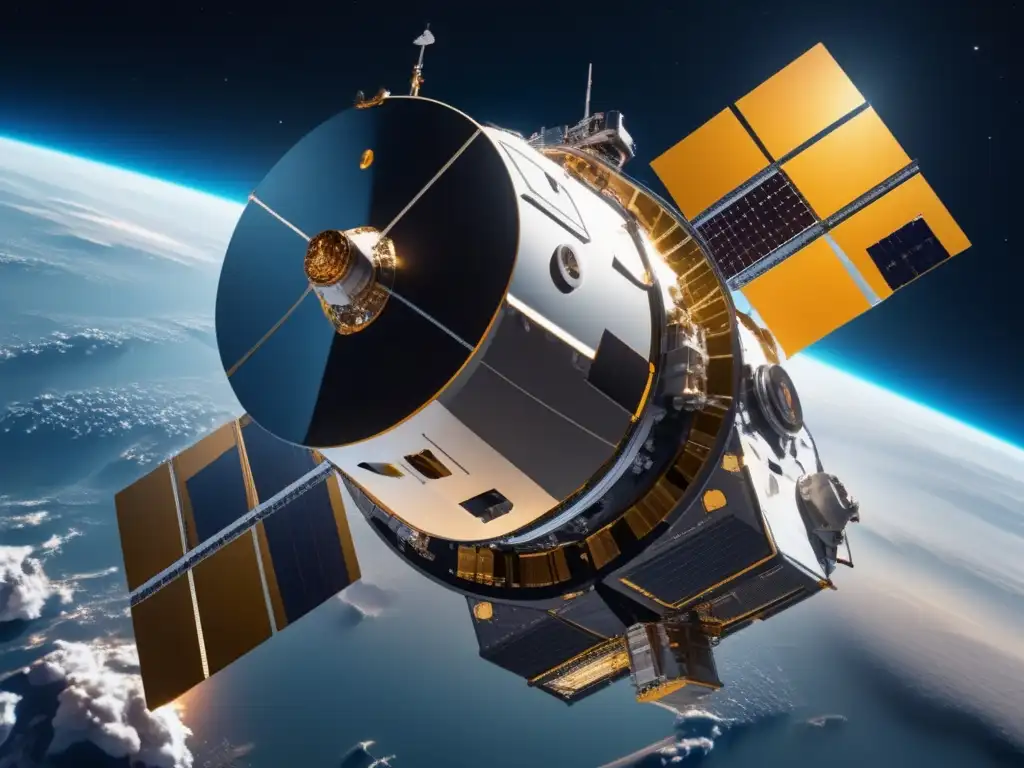
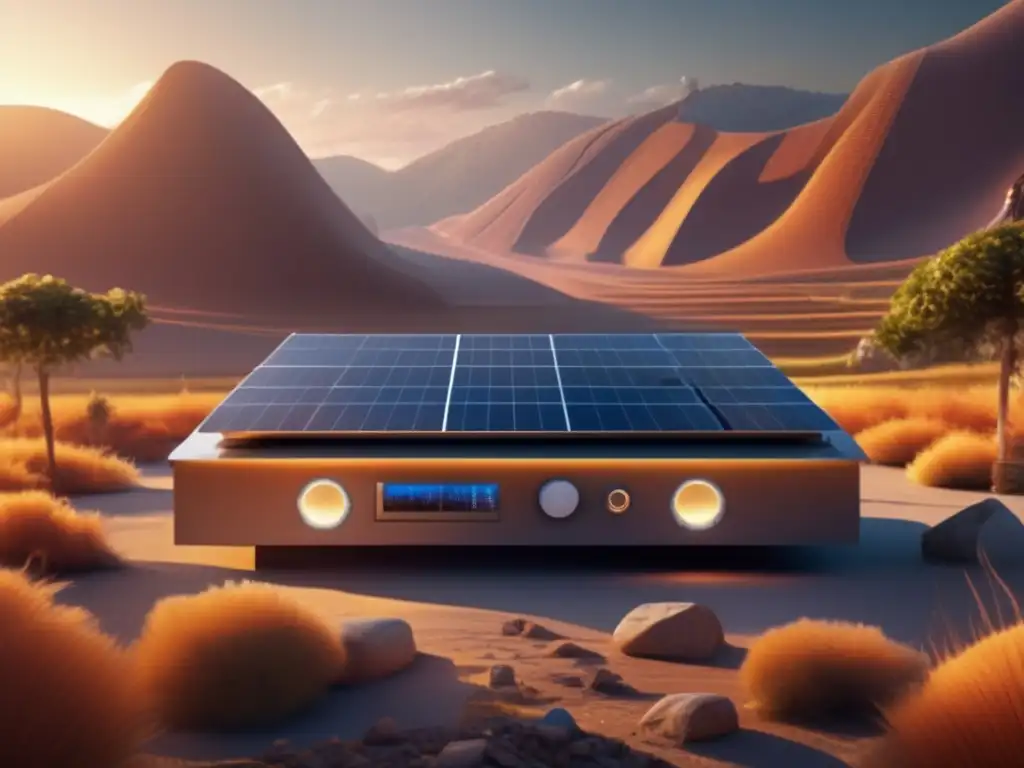

Articulos relacionados: